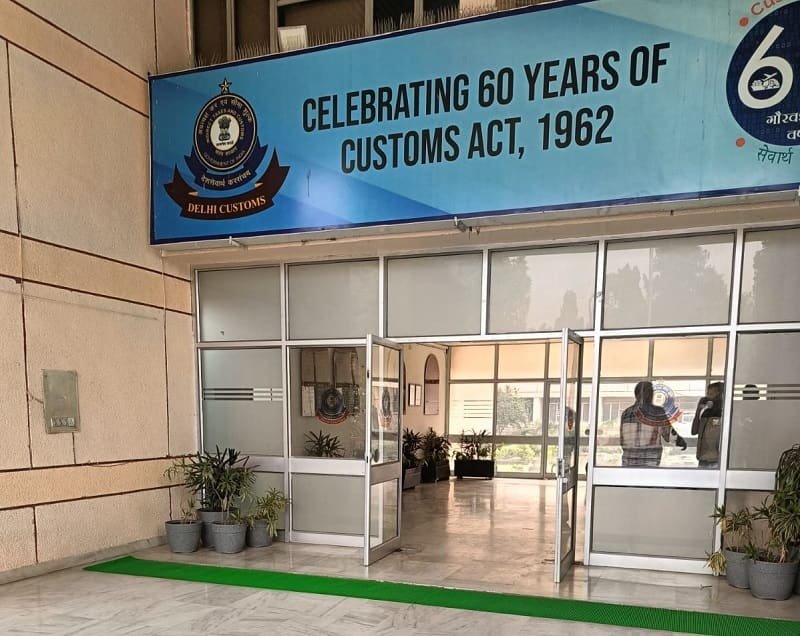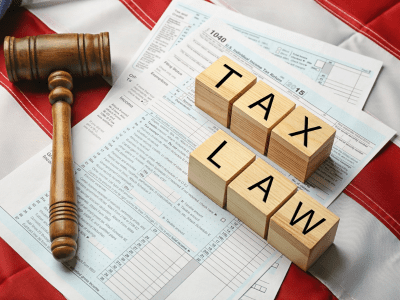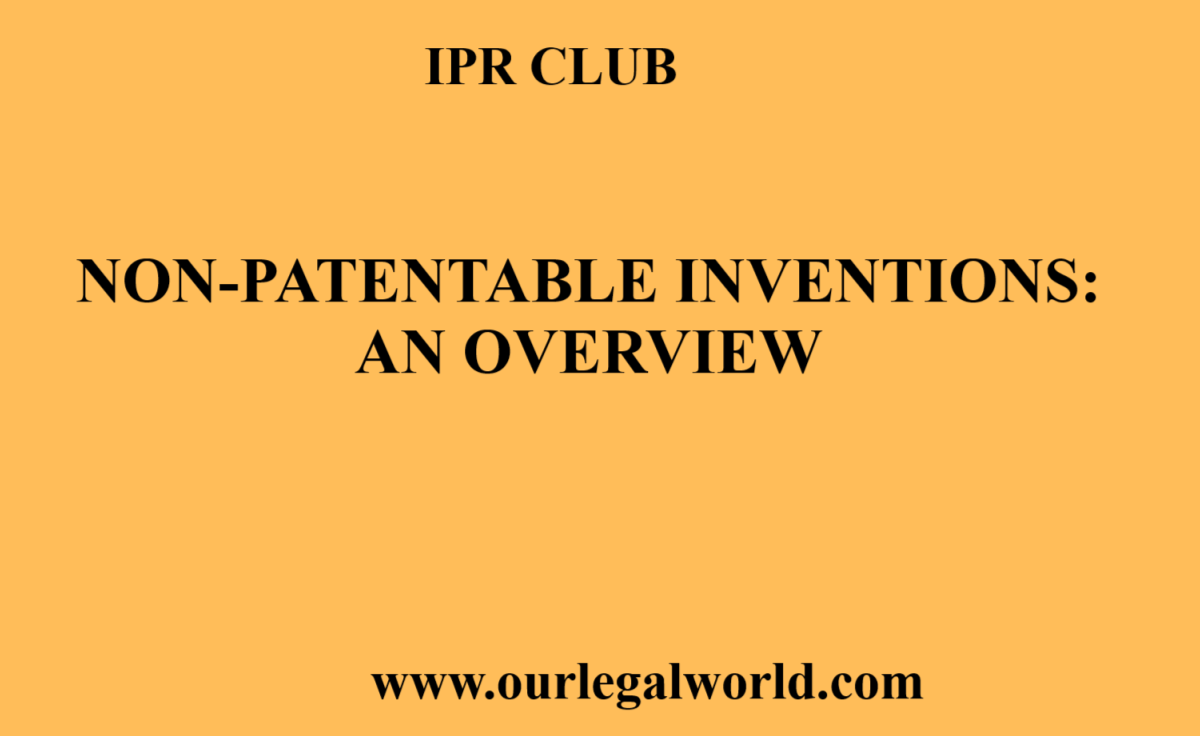Important Judgment of High Court- April 2018
1. State v. Mukesh Kumar Singh [Delhi High Court]
Criminal Procedure Code, 1973 – S. 197 – Prevention of Corruption Act, 1988 – S. 19 – legality and validity of the sanction for prosecution – fresh sanction under Section 19 of POC Act to be vitiated rendering the proceedings in the criminal case based thereupon impermissible – the prosecution for offences under the general criminal law (IPC offences) is also impermissible, there being no sanction under Section 197 Cr. PC.
2. Tendril Financial Services v. Namedi Leasing & Finance [Delhi High Court]
Injunction – Without the plaintiffs having a prima facie case in their favour, merely by urging the criteria of balance of convenience, they cannot be entitled to interim relief.
3. Sushil Singh v. State [Madhya Pradesh High Court]
Murder & Robbery – Prosecution has not performed its duty properly and diligently. Two persons were killed in the incident. There is no explanation offered by the prosecution that why there was inordinate delay in recording the statements of the witnesses even though injured eye witnesses. Although witnesses were available. It is observed that it is the duty of the prosecution to act fairly and promptly.
4. Anand Kumar @ Sanjay Lalwani v. Subhash Chandra Lalwani [Madhya Pradesh High Court]
Forgery – Forged Partnership Deed – A signed partnership deed on behalf of P claiming that P has authorized him to sign that document – A person is said to have made a false document, if
(i) he made or executed a document claiming to be someone else or authorised by someone else; or
(ii) he altered or tampered a document; or
(iii) he obtained a document by practicing deception, or from a person not in control of his senses. So it is clear that the applicants executed forged partnership deed and thereby committed forgery.
5. Abdul Ahad v. Cuttack Gramya Bank [Orissa High Court]
Service Law – Compassionate Employment – Important Factors while considering a claim for employment on compassionate ground.
6. Western Coalfields v. Jaideo Murlidhar Vidhate [Bombay High Court]
Specific Relief Act, 1963 – S. 14 – Contract of Personal Service – The promised employment in the present case ceased to have private law character and its status changed due to the fact that the body /authority had made promise of grant of such employment in terms of its policy while acquiring the land belonging to the employee.
7. State v. Gopal Singh [Himachal Pradesh High Court]
Code of Criminal Procedure, 1973 – S.378 – Criminal Appeal against the judgment of acquittal – Principles qua powers of the appellate Courts while dealing with an appeal against an order of acquittal.
8. Mujim Khan v. State [Chattisgarh High Court]
The petitioner, who is father of a victim of rape and sexual violence, has preferred this writ petition for termination of pregnancy of his daughter which according to the petitioner is a result of commission of the offence of rape on his daughter.
9. Govind @ Bhariya v. State [Madhya Pradesh High Court]
Penal Code, 1860 – S.302/34 – Murder – Common Intention – Accused who only keeps the common intention in his mind, but does not do any act at the scene, cannot be convicted with the aid of Section 34 IPC.
10. Abdul Hamid v. State [Madhya Pradesh High Court]
Narcotic Drugs and Psychotropic Substances Act, 1985 – S.18 – default sentence – trial Court has imposed fine of Rs.1.50 lakhs, which is minimum prescribed in the aforesaid offence, and in default of payment, sentence of 2 years,
R.I has been directed – an amount of payment of fine of rupees one lakh which is minimum as specified in Section 18 of the Act cannot be reduced in view of the legislative mandate – reduced the custodial sentence in default of payment of fine from 2 years R.I to 6 months R.I – accused has already suffered near about 12 years and 80 days jail sentence, his custodial sentence is reduced from 15 years R.I to 12 years and 2 months R.I.
11. Radhey Shyam Gupta v. Delhi Development Authority [Delhi High Court]
Evidence Act, 1872 – S. 114 illustration (f) – When the demand notice was sent at the correct address through registered post with acknowledgement due, it results in a statutory presumption of due service and that, such presumption is rebuttable.
12. Mirza Habib Ul Hassan Beigh v. Union of India [Jammu & Kashmir High Court]
Passport means “a formal document certifying a person’s identity and citizenship so that he person may travel to and from a foreign country”, as is discernible from Black’s Law Dictionary Seventh Edition, by Bryan A. Garner, p. 1146.
13. Union of India v. Devidas Bhagwandas Kumbhar [Bombay High Court]
This is not a fit case to interfere with the impugned judgment and order made by the CAT.
The impugned order promotes substantial justice and even assuming that the proper order in the circumstances would have been a direction to the petitioner to consider and dispose of, in accordance with law the respondent’s application for voluntary retirement, taking into consideration the time lag and unfair manner in which the respondent, who was the only Mazdoor has been treated, we are of the opinion that any such direction at this stage will only prolong the respondent’s agony.
14. Constable Mohammad Saleem v. State [Jammu & Kashmir High Court]
Scope and effect of a judgment of acquittal earned by a member of the police force – ‘Screening Committee’ to take a call in such matters.
15. India Affordable Housing Solutions (IAHS) v. Konark Infra Developers [Delhi High Court]
Civil Procedure Code, 1908 – Order 37 Rule 3 (5) – Criteria while considering the application under Order 37 of the CPC.
16. Ashok Daduji Dongare v. Adarsha Shikshan Prachar Sabha [Bombay High Court]
Maharashtra Employees of Private Schools (Conditions of Service) Regulation Act, 1977 & Rules – The controversy involved in the present petition pertains to inter se seniority between A and S in the post of Assistant Teacher in a Private School, governed by the provisions of the MEPS Act and Rules.
17. National Insurance Co.Ltd. v. Om Prakash [Madhya Pradesh High Court]
The fact that the issue has been referred to a larger Bench of the Supreme Court, that can not be the basis to ignore the decision of the Supreme Court cited on the subject, which is still holding the field and will be, therefore, binding precedent until overturned by the larger Bench of the Supreme Court.






![Jamia Hamdard Mediation Competition 2025 at School of Law, HILSR [21st February 2025]](https://ourlegalworld.com/wp-content/uploads/2024/12/Screenshot-11-min-1.png)


